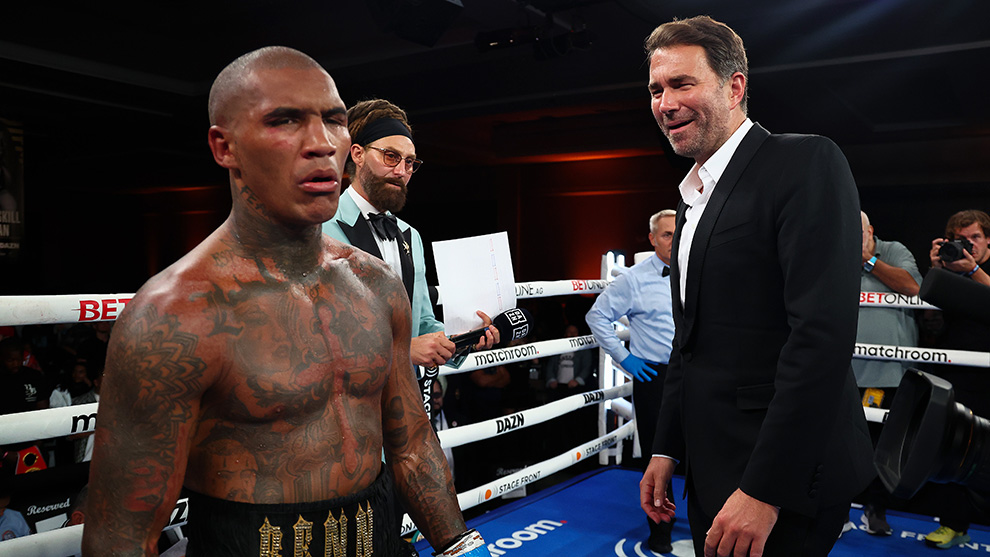SOMETIMES I wonder how it feels for a young boy to discover his father, this man he has idolised for so many years, had, during these same years, been cheating on his mother.
To try to picture it, I imagine the rumours spreading via guttural screams from downstairs, with confirmation of the news then arriving when, after school, only two placemats are out on the dining table. Presumably, the boy’s world view is at that point upended, never to be the same again. An idol would have overnight become an enemy; a father would have become a fraud.
Along these same lines, I also sometimes wonder how it would feel for this boy to one day wake up and discover that his father had been let back inside the family home, having won forgiveness from the boy’s mother. Would the boy, in that scenario, forgive him just the same, welcoming him back into the fold for fear of the consequences? Would he understand, even at that tender age, the reason why his mother had forgiven his father and understand that it was only out of desperation (mostly financial but also to avoid loneliness and failure)? Or would the boy, not yet au fait with the workings of adult life and its shades of grey, take the moral high ground and refuse to look at his returning father, much less communicate with him?
His mother, keen to delude herself as much as her son, would at some stage have to tell him that his father had been granted permission to return and that her decision was final. “They all do it, sweetheart,” she might tell him, just as her own mother once told her. “But not you. You won’t do it, will you?” If not that, she might say to him, “It was all just a big misunderstanding,” and mean every word of it. She will then add, “He didn’t actually do anything wrong, darling, which is why he’s back with us now. We did a lie detector test and everything.”
This will, quite naturally, leave the boy not knowing what to believe and knowing only what he wants to believe. It will also leave him watching his father settle back into his favourite armchair in the living room while still unable to remove from his mind the alleged crime, regardless of whether it happened or not, and regardless of his mother’s words and reassurance. Stuck with it now, the boy, whatever the truth, can escape neither his father nor his supposed betrayal. He must now see him, day after day. He must say hello to him in the morning and say goodnight to him before he is sent to bed. He must listen to him laugh again when he doesn’t deserve to laugh and he must watch the way he kisses his mother as though nothing had ever happened. Worst of all, perhaps, the boy must then see the look on his mother’s face in that moment and learn, in the process, that the only thing more painful than a lie is seeing the person on the receiving end believe it.
Soon, after sulking long enough, things will inevitably go back to the way they were. They will go back to the way they were because to sulk, after all, becomes self-defeating, if not a form of self-harm, when prolonged beyond the point of sending a message. What’s more, the boy will one day become a man and, in becoming a man, will realise, to the relief of his father (and indeed his mother), that mistakes are synonymous with the human condition and that rarely can anything be done about them. This the father already knows, of course, just as he also knows that time doesn’t so much heal as create exasperation; that is, a level of boredom snapped only when something else comes along and you worry about that instead. After that, there is no need to talk about whatever happened before. It’s for the best. It helps you to move on.
As for how father and son now bond and reconnect, it’s pretty simple really. On Friday nights I imagine they both sit and watch films directed by disgraced auteurs, after which the father will initiate a debate as to whether it is possible to ignore the behaviour of the creator in order to ultimately enjoy their art (spoiler: it absolutely is).
Following that, on Saturdays, the pair watch boxing, the enjoyment of which largely depends on one’s answer to the same question. Last night, for instance, when intrigued by the return of Conor Benn following a 17-month hiatus, the boy struggled to understand why his dad reacted so jubilantly when Benn outpointed his opponent, Rodolfo Orozco, over 10 rounds (scores: 99-91, 99-91, 96-94). He received an explanation for it, something to do with Benn being “cleared to fight”, yet still the boy beside him didn’t get it. He asked his father to define “cleared” only to be told to stop bringing up the past and try to instead look forward to Benn now fighting the son of Chris Eubank, a favourite fighter of his from the 90s. The boy then didn’t know whether to keep asking further questions or just shut up and watch the next fight. He also didn’t know whether to celebrate Benn’s win, as he had seen his father do, or simply sit there in silence and continue to allow his father to tell him what to think, how to behave, and how to feel. In the end, he just shrugged.
Benn lands a left against Orozco (Melina Pizano/Matchroom)
